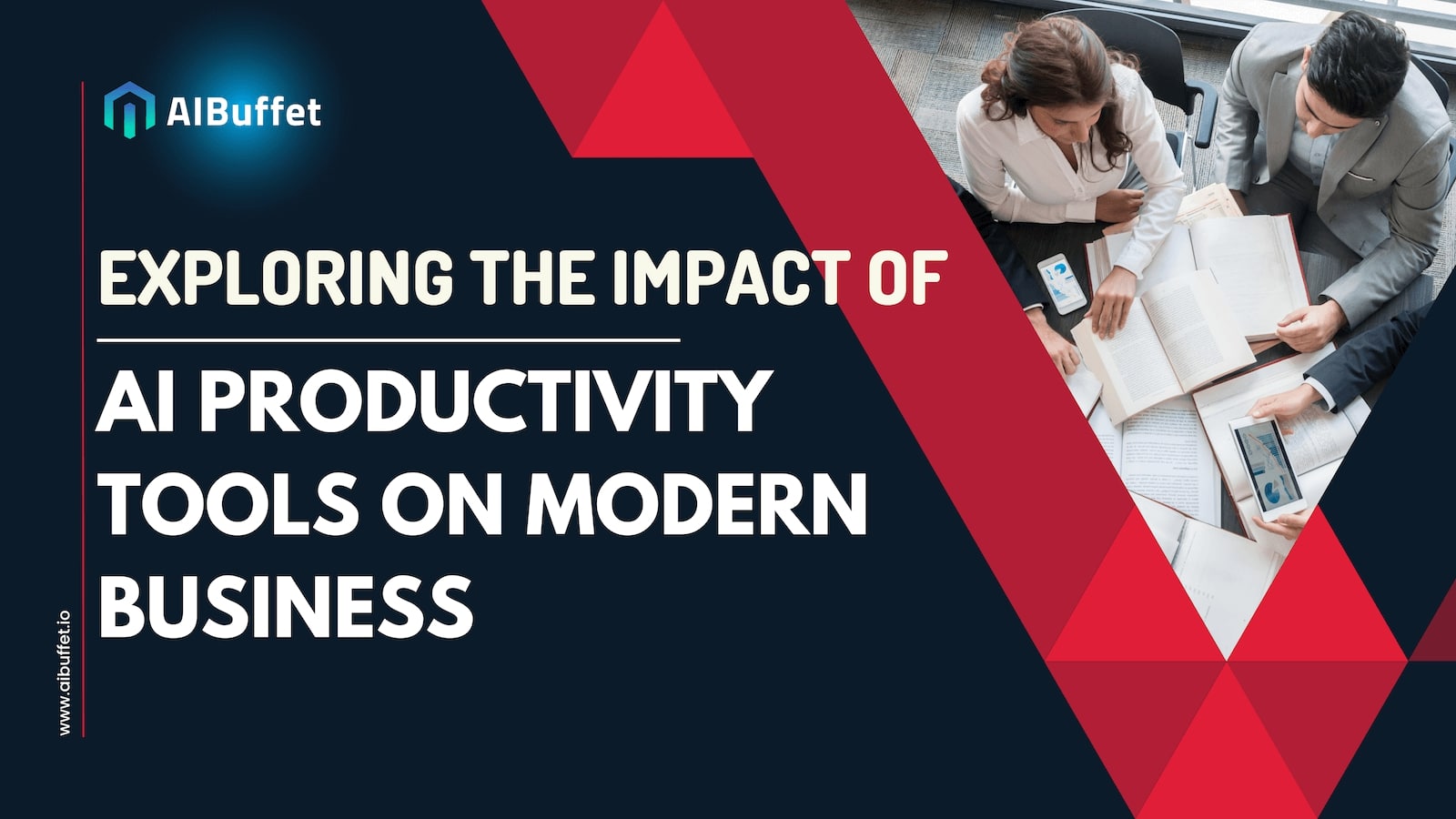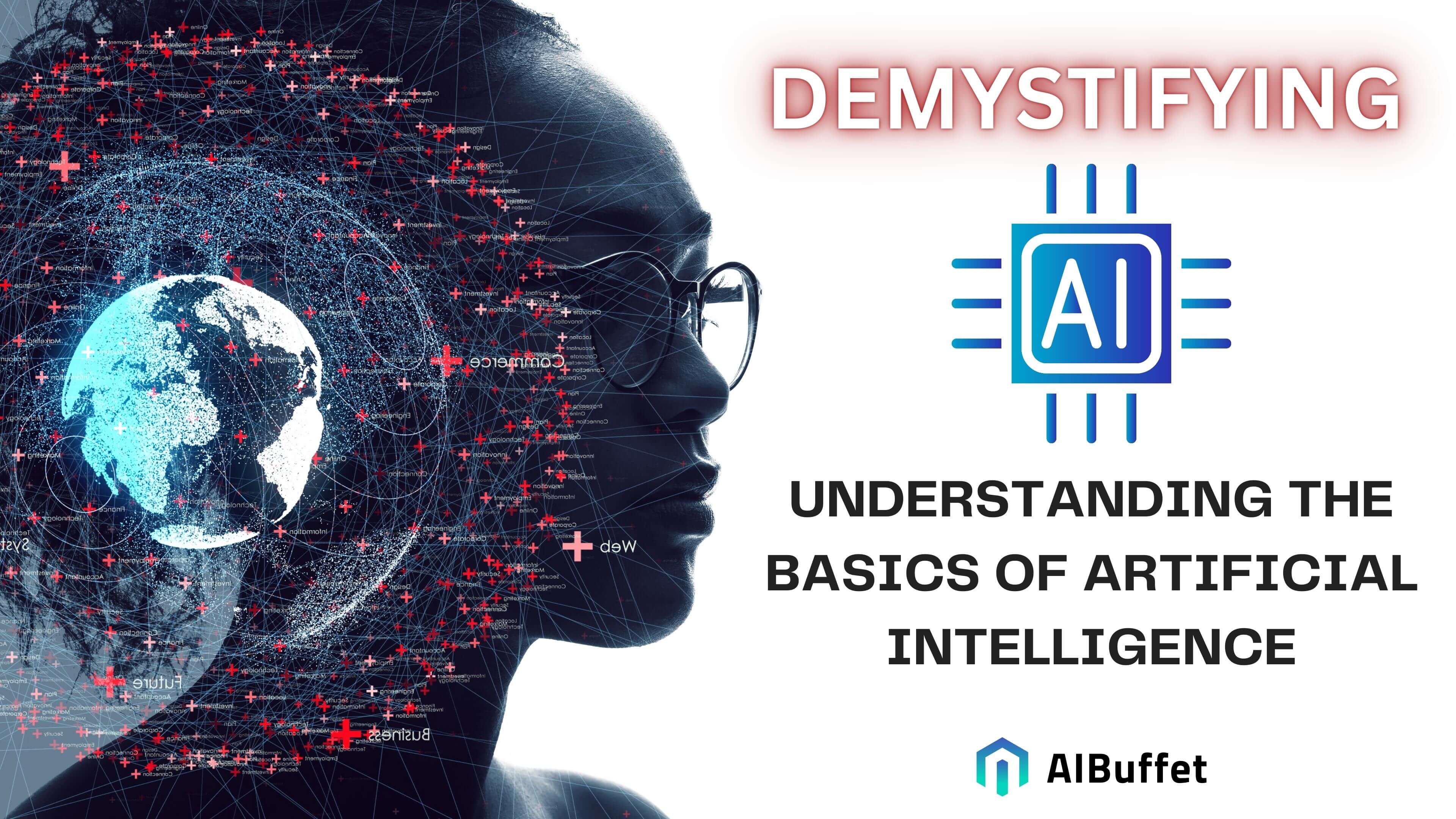
Impact of AI on productivity in the workplace
Artificial Intelligence (AI) or AI productivity tools has made a significant impact on workplace productivity. AI tools, such as automation software and machine learning algorithms, have helped streamline tasks, reduce human errors, and boost overall efficiency. This transformative technology is now being adopted across various sectors, from customer service to supply chain management, enhancing both the speed and accuracy of operations.
Harnessing the power of AI for business growth
AI technology holds immense potential for businesses aiming for growth. These smart productivity tools assist in data analysis, enabling companies to make informed decisions. Through AI algorithms, companies can analyze market trends, predict consumer behavior, and optimize processes, thus driving growth and competitiveness.
Increasing efficiency with AI workflow optimization
One of the key benefits of AI is workflow optimization. AI powered tools can automate repetitive and mundane tasks, allowing employees to focus on more complex and meaningful work. Through AI, businesses can restructure and optimize their workflows, ensuring seamless coordination and reducing redundancies and inefficiencies.
A new era of productivity with AI tools
AI technologies are ushering in a new era of productivity. With AI, businesses can automate operations, generate insights from data, and predict future trends, all of which enhance productivity. AI can also yield productivity gains through its ability to work around the clock, unlike human workers who need rest and leave.
Incorporating AI technology into daily business operations
AI technology is becoming increasingly prevalent in day-to-day business operations. From chatbots handling customer inquiries to AI-powered recruitment systems, it is clear that AI has started to influence and change how businesses operate significantly. Integrating AI can also help businesses reduce costs, improve customer experiences, and make operations more agile.
How AI tools are revolutionizing the workplace
AI tools are revolutionizing the workplace in numerous ways by handling tasks that were traditionally done by humans. For instance, AI is reshaping customer service through chatbots that can respond to queries instantly. In HR, AI can screen resumes and schedule interviews, saving valuable time. Such transformations reflect the expanding role of AI in the workplace.
Ways to leverage AI for workflow efficiency
Companies can leverage AI to increase workflow efficiency in multiple ways. First, AI can automate administrative tasks reducing human errors. Second, AI can perform data analysis in real time, providing businesses with up-to-date insights. Lastly, AI can streamline communication, ensuring collaboration is efficient and effective.
Embracing the technology of AI for improved productivity
By embracing AI technology, companies stand to significantly improve their productivity. Employees can focus on strategic tasks while AI handles repetitive work. AI also assists in decision-making by offering predictive insights and solutions, enabling businesses to strategize more effectively and improve their decision-making processes.
A closer look at the efficiency of AI productivity tools
On closer inspection, the efficiency of AI productivity tools cannot be overstated. These tools not only increase efficiency but also bring accuracy, speed, and cost reduction. They can analyze large volumes of data, enabling better decision-making and working 24/7, boosting productivity.
The future implications of AI in the workplace
The future implications of AI in the workplace are astronomical. As AI advances, businesses can expect higher degrees of automation, precision, and efficiency. Also, as companies become more comfortable with AI, it could lead to the creation of new roles and industries. However, businesses must also be prepared to address challenges such as managing privacy concerns and ensuring employees' skills evolve with the changing technology.

